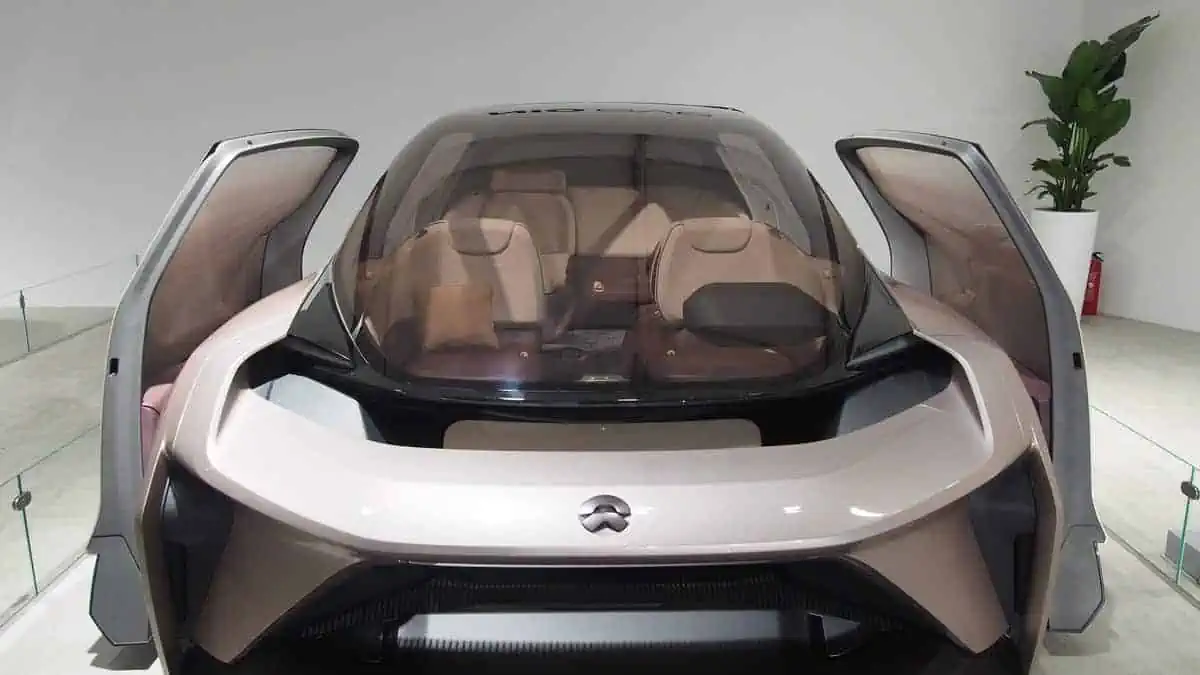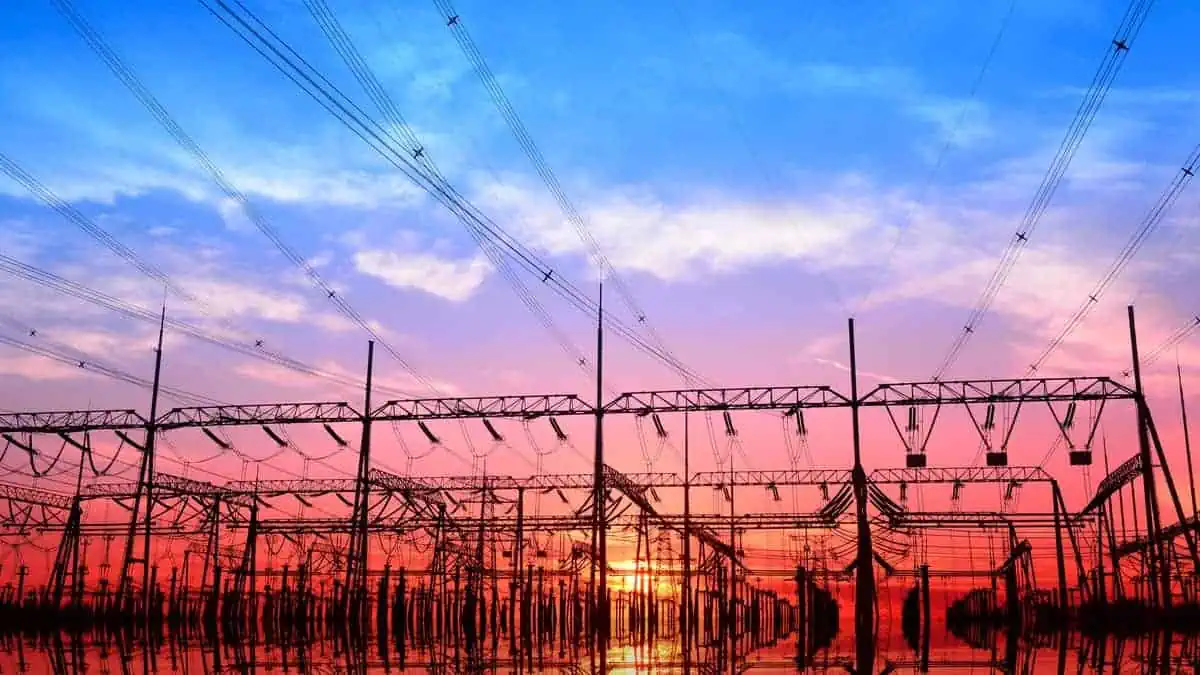Nio, the Chinese electric vehicle startup, has joined Tesla in procuring raw materials crucial for battery production. Remarkably, it would come directly from mines rather than its battery suppliers.
TechCrunch reported that this initiative is taken because the escalating prices of lithium are negatively impacting the stability of manufacturers’ supply chains.
In September, lithium carbonate prices in China tripled from the previous year to a record 501,500 yuan per tonne. In fact, regulators scheduled a meeting in March with major industry stakeholders and demanded a return to reasonable pricing because the spike has been so extreme.
According to a filing with the Australian Stock Exchange, an Australian lithium mining firm Greenwing Resources has announced that Nio has committed to pay $12 million for a 12.16% stake in the business.
In return, Nio receives a call option to purchase 20% to 40% of Andes Litio SA’s issued capital and the right to one nomination on Greenwing’s board of directors. Andes Litio, which Greenwing purchased last year, has the option rights on the San Jorge Lithium Project in the rich Lithium Triangle. This includes Bolivia, Chile, and Argentina and is home to most of the world’s lithium resources.
With this strategy, Nio will compete against battery manufacturers who have been on an investment binge to get the essential mineral.
On the other hand, Contemporary Amperex Technology from China has been highly active. Notably, it is the largest manufacturer of EV batteries in the world and a supplier to Tesla and Nio.
In contrast to Nio’s check for Greenwing, CATL spent roughly $300 million to acquire Vancouver-based Millennial Lithium last year.
It is worth noting that Nio’s decision is hardly shocking, given that the startup is preparing to start manufacturing its own battery packs in 2024. On the company’s earnings call in June, CEO William Li stated that the company was increasing expenditures on batteries to boost its negotiating leverage over upstream prices. By June, Nio had more than 400 workers focusing on battery technology.
The CEO described the difficulties the EV company and the industry at large are facing:
| “In terms of vehicle gross margin, the whole industry is faced with the rising cost of batteries, raw materials and chips which has also affected our vehicle margin. In the first quarter, our vehicle margin stood at 18.1%. As the battery cost continued to surge and peaked in April, the vehicle margin in the second quarter will be under even higher pressure. To mitigate the impact of the rising material costs, we have taken a series of countermeasures such as adjusting product prices.” |
On the other hand, the Chinese company BYD, funded by Warren Buffett, has been snatching up some of the world’s lithium supply as it pursues Tesla by manufacturing a mix of hybrid and electric vehicles.
With a bid of $61 million, the company claimed in January to have secured a contract from Chile’s mining ministry to generate 80,000 metric tons of lithium over the course of 20 years. On account of political pressure, the auction was subsequently suspended.






